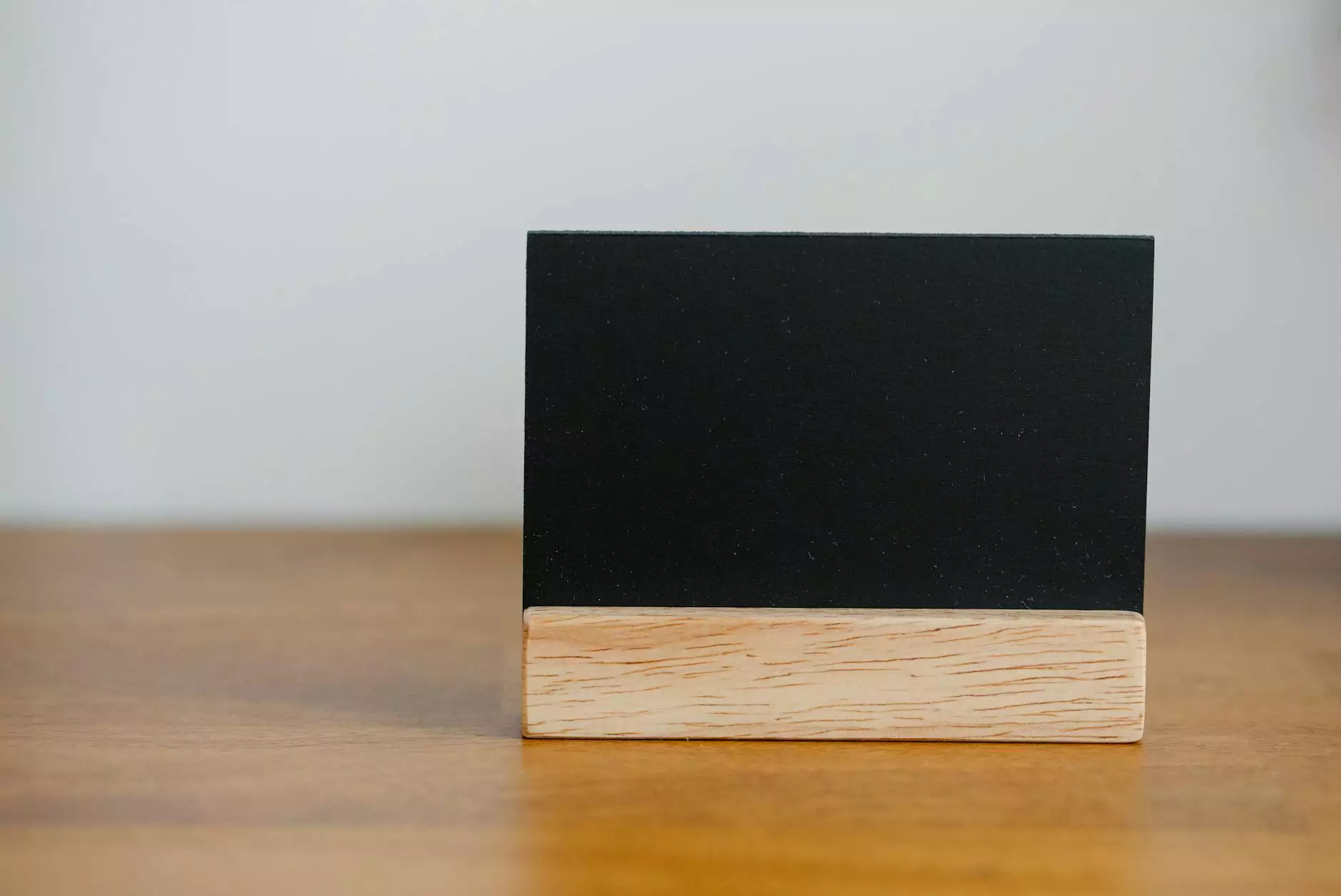Injection Moulding Factory: Revolutionizing Manufacturing Efficiency

The world of manufacturing is undergoing a significant transformation driven by technology and innovation. One of the most impactful processes in this evolution is found in the injection moulding factory. This article aims to delve deep into the intricacies of injection moulding, its advantages, applications, and how it shapes the future of production in various industries.
Understanding Injection Moulding
Injection moulding is a manufacturing process for producing parts by injecting molten material into a mould. This method is widely used for creating a variety of components, from consumer products to complex mechanical parts. The injection moulding factory serves as the cornerstone of this process, utilizing advanced technology to ensure precision and efficiency.
The Process of Injection Moulding
The process of injection moulding involves several key steps:
- Material Selection: The first step is choosing the right material, typically thermoplastics, thermosetting plastics, or metal. The choice impacts the final product's quality, durability, and performance.
- Heating: The selected material is fed into a heated barrel where it is melted and transformed into a viscous liquid.
- Injection: The molten material is injected into a pre-designed mould through a nozzle with high pressure.
- Cooling: Once the mould is filled, the material is allowed to cool and solidify, taking the shape of the mould.
- Demoulding: Finally, the mould opens, and the finished product is ejected, ready for further processing or assembly.
Benefits of Using an Injection Moulding Factory
The injection moulding factory offers numerous advantages that make it a preferred choice for many manufacturing solutions:
- Cost-Effectiveness: Once the initial mould is created, manufacturing costs decrease significantly with high production volumes, making it affordable for mass production.
- Precision and Consistency: Advanced machinery and techniques ensure that each part produced is consistent in quality and free of defects.
- Versatility: A wide range of materials can be used, including various plastics and metals, allowing for diverse applications across industries.
- Reduced Waste: The process is designed to minimize material waste, making it more environmentally friendly compared to other manufacturing methods.
- Complex Designs: Injection moulding can create intricate shapes and features that would be difficult or impossible to achieve with other manufacturing processes.
Applications of Injection Moulding
Injection moulding is utilized in numerous sectors, showcasing its versatility:
1. Automotive Industry
The automotive sector heavily relies on injection moulding for producing components like dashboards, bumpers, and various interior and exterior parts. The durability and lightweight nature of injection moulded parts contribute to improved fuel efficiency.
2. Consumer Electronics
Injection moulding is fundamental in the production of cases, housings, and internal components for various consumer electronics. Products such as mobile phones, laptops, and gaming consoles benefit from precision-engineered parts that enhance usability and aesthetics.
3. Medical Devices
In the medical field, injection moulding is integral to manufacturing disposable products, equipment housings, and complex drug delivery systems. The precision and cleanliness of the process are critical in ensuring compliance with health regulations.
4. Packaging
The packaging industry also utilizes injection moulding for creating bottles, containers, and other product packaging solutions. Injection molded items provide durability while maintaining a lightweight profile, essential for shipping and handling.
Future Trends in Injection Moulding
The landscape of injection moulding is continuously changing, thanks to technological advancements. Here are some notable trends observed in the injection moulding factory environment:
1. Automation and Robotics
With the increasing demand for efficiency, factories are integrating automation and robotics into their production lines. Automated systems can handle tasks from material loading to assembly, increasing speed while reducing human error and labor costs.
2. Advanced Materials
The development of innovative materials, including bio-based plastics and composites, is gaining traction. These materials not only enhance product performance but also contribute to sustainability by reducing environmental impact.
3. Smart Manufacturing
The rise of the Industry 4.0 movement is influencing injection moulding factories to adopt smart manufacturing practices. This includes data-driven decision-making, predictive maintenance, and real-time monitoring of production processes.
4. Customization and Short Runs
As consumer preferences shift towards personalized products, injection moulding is adapting. Factories can now offer customization options efficiently, catering to niche markets and reducing the time to market.
Challenges Facing Injection Moulding Factories
Despite its advantages, injection moulding faces several challenges that injection moulding factories must navigate:
1. High Initial Costs
The upfront investment in mould design and production machinery can be substantial. This is often a barrier for smaller businesses looking to enter the market.
2. Technical Expertise
Successful operation requires skilled professionals who understand the complexities of injection moulding. Finding and retaining such talent can be challenging for manufacturers.
3. Maintenance and Downtime
Machines require regular maintenance to prevent breakdowns, which can lead to costly downtime. Implementing an effective maintenance strategy is crucial for continuous production.
Conclusion: The Future of Injection Moulding Factories
In summary, the injection moulding factory remains a vital pillar in the manufacturing industry. Its ability to produce high-quality, complex parts at scale positions it well for continued growth and innovation. As technology advances and industries evolve, injection moulding is poised to adapt and thrive, driving efficiencies and creating new opportunities across sectors.
For companies aiming to leverage the benefits of injection moulding, collaboration with a reputable injection moulding factory can provide the necessary expertise and resources to succeed in today’s competitive landscape. As we look towards the future, the integration of technologies such as robotics, advanced materials, and smart manufacturing systems will undoubtedly enhance the capabilities of injection moulding, solidifying its place in modern manufacturing.









